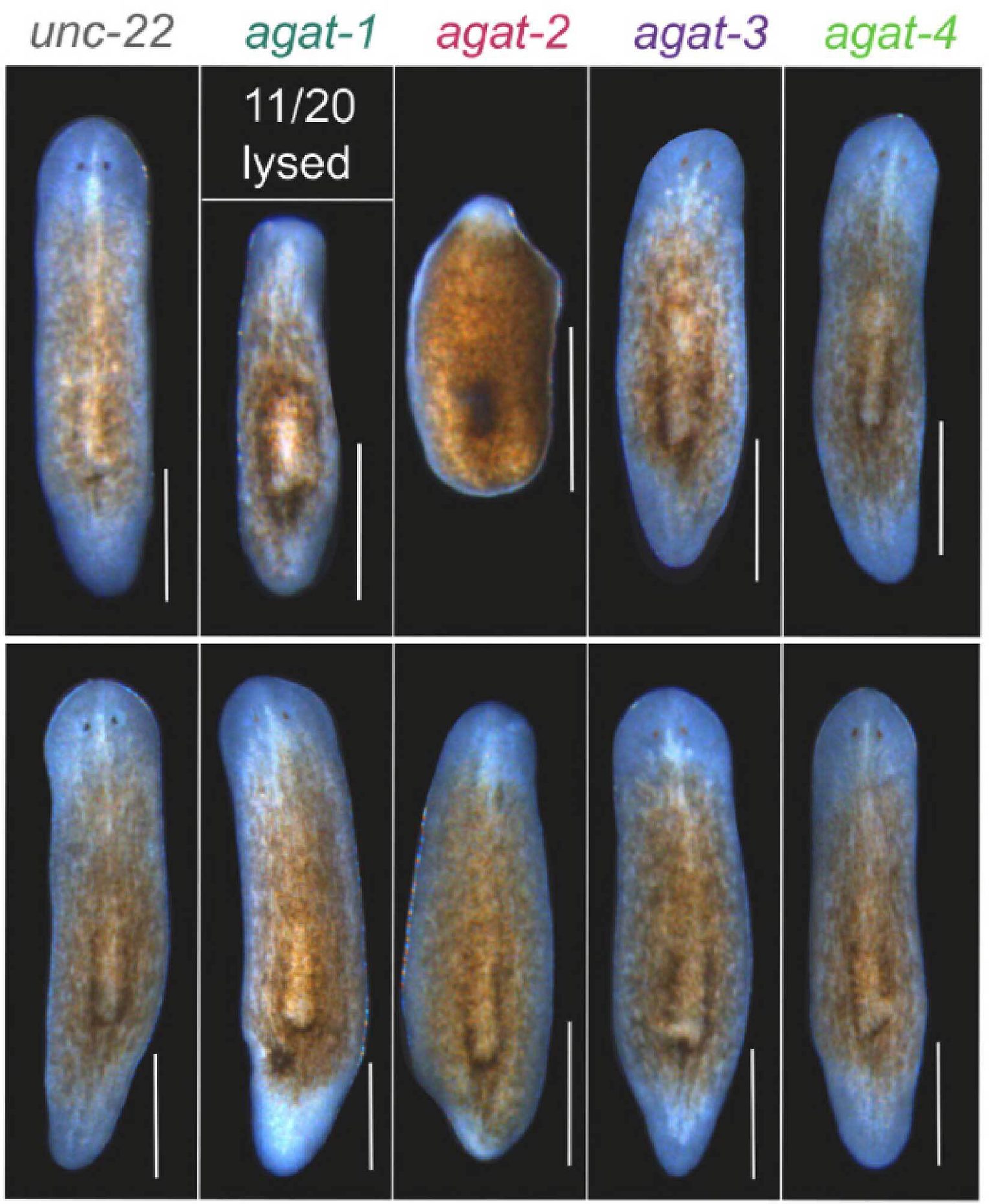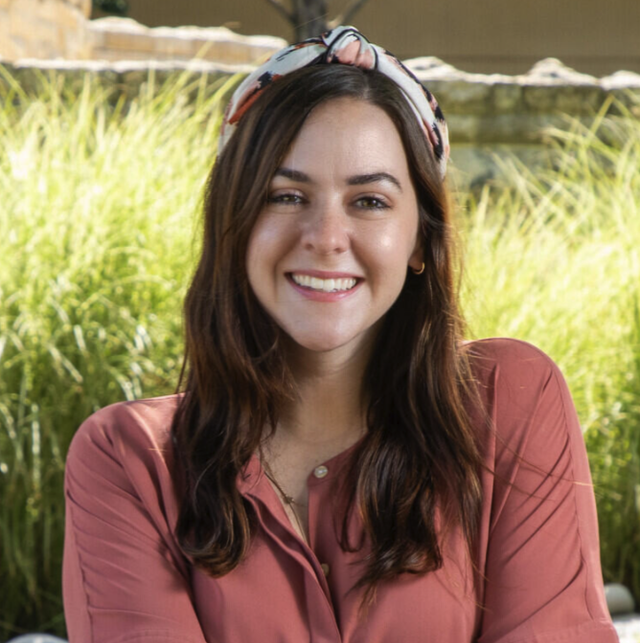Research Services
The Genome Engineering team provides expertise in CRISPR technology and its application in several model systems, including mouse, zebrafish, cavefish, fruit fly, sea anemone, apple snail, and cultured cell lines. Projects begin with the precise design and preparation of custom guide RNAs and homology-directed repair donor templates. These molecular tools are then electroporated into cultured cells to generate engineered lines. For animal model projects, the team prepares the custom reagents and delivers them into embryos.
To identify the engineered mutations, the team provides a targeted deep sequencing service. This allows quick identification of successfully mutated samples and enables the team to process hundreds of animal tissue and cell samples each week.
The Genome Engineering team also provides support for pooled screens. These services encompass genome-wide CRISPR screens, nanobody screens, site-saturation mutagenesis, or novel pooled screens. Services include building or acquiring new pooled libraries and the preparation and validation of libraries by next-generation sequencing. Following a screen, the resulting cell populations are processed by the team for genomic DNA purification, target amplification, and next-generation sequencing.
Learn More









